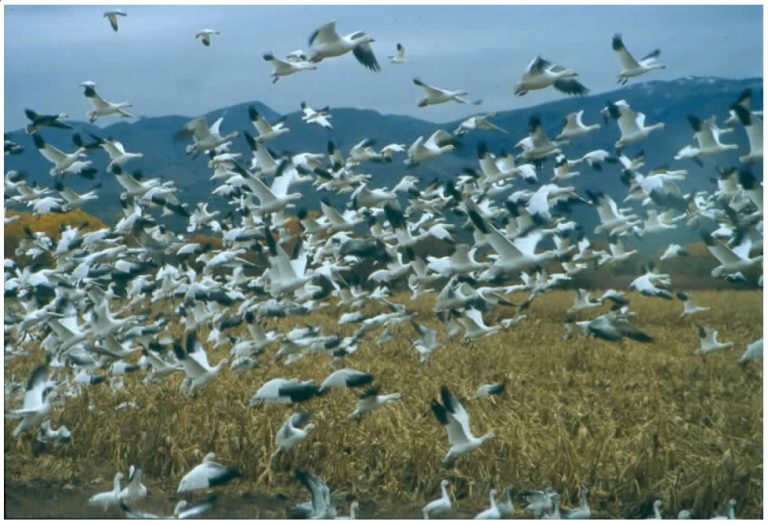Wildlife
Wildlife Global Update
International and national wildlife populations have experienced steep and continuing declines through loss of habitat and climate change.
According to the World Wildlife Fund’s Living Planet Report 2022, “Monitored populations of vertebrates (mammals, birds, amphibians, reptiles and fish) have seen a devastating 69 percent drop on average since 1970.”s
New Mexico Wildlife

New Mexico has the fourth highest native species diversity of any U.S. states, despite climate change, habitat loss and drought.
All of New Mexico’s wildlife is under the stewardship of the Department of Game and Fish. In 2025, the legislature passed a landmark bill that expands the mission of the agency to conserve “any species of wildlife,” not just those that are hunted, as was the case in the past. The bill also mandates improved governance by the State Wildlife Commission, emphasizing the need for science-based policy decisions.
Habitat loss is the biggest driver of wildlife extinction. In 2025, Santa Fe County Commissioners signed a resolution to protect its public lands from sale, transfer or disposal. Fourteen million acres of land in the state may be lost this year.
Learn More
Take Action
Write or call your NM state senators and representatives and contact NM Governor Michelle Lujan Grisham with your concerns for conserving wildlife and public land.
National Wildlife and Public Lands
Since President Trump’s re-election, protections for wildlife and public lands have been decimated.
The administration has repealed the 30×30 Initiative that could have saved an estimated one million species from extinction.
The Endangered Species Act has been downgraded with allowances for development, mining and logging on public land. Threatened species may now be de-listed.
The “Roadless Rule,” which has protected wild forest lands, is under attack. Building roads and allowing extractive activities in pristine wilderness areas and watersheds will pollute ecosystems, destroy habitats and adversely affect water quality for wildlife and humans for generations to come.
Learn More
Take Action
Contact your U.S. Senators, Contact your U.S. Representatives, and President Trump to encourage them to advocate for the implementation of the 30X30 Initiative, to honor the original intent of the Endangered Species Act, and to protect and keep our federal public lands forever PUBLIC!
